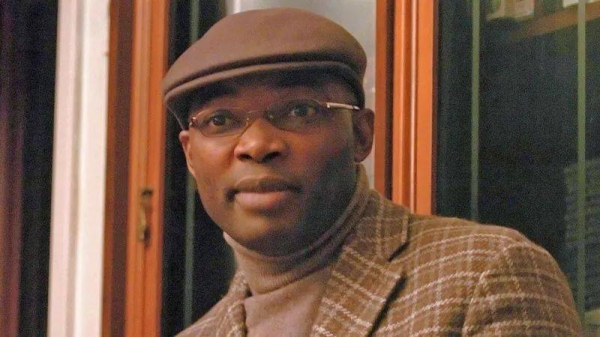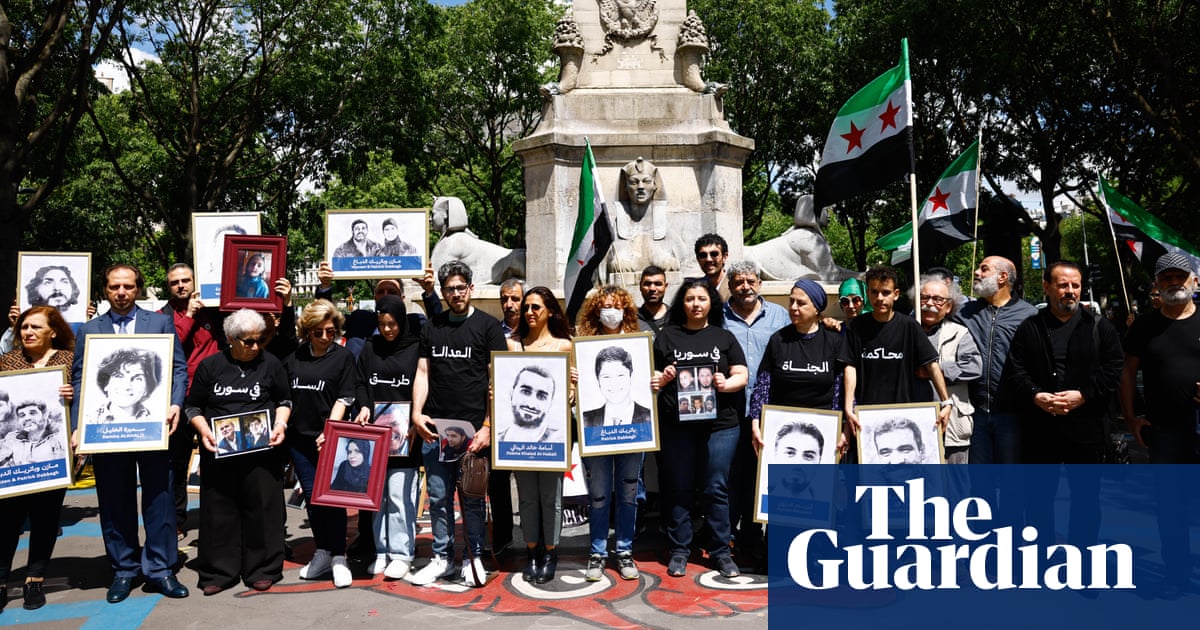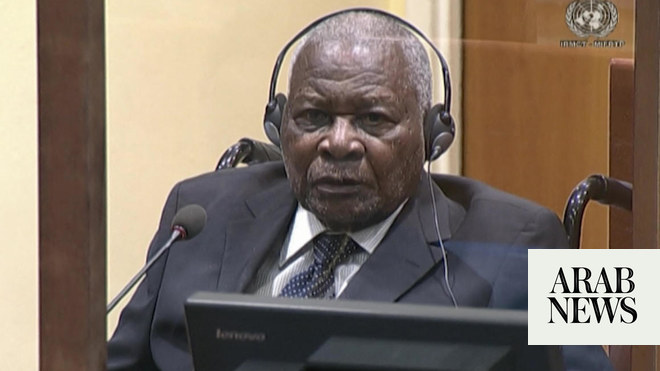
A court in France has found French-Cameroonian author Charles Onana guilty of downplaying the Rwandan genocide.
The 60-year-old writer was fined €8,400 ($8,900; £7,000) and Damien Serieyx, his publishing director from Éditions du Toucan, was ordered to pay €5,000. They are also required to pay €11,000 in compensation to human rights organizations that filed the suit.
The Paris court ruled that Onana"s writings violated France"s laws prohibiting genocide denial and incitement to hatred, noting that France would "no longer be a haven for denialists".
In just 100 days in 1994, about 800,000 people were killed in Rwanda by ethnic Hutu extremists.
They were targeting members of the minority Tutsi community, as well as their political opponents, irrespective of their ethnic origin.
In his book Rwanda, the Truth About Operation Turquoise - published in 2019 - Onana described the idea that the Hutu government had planned a genocide in Rwanda as "one of the biggest scams" of the last century.
Rwanda"s Foreign Minister Olivier Nduhungirehe welcomed their conviction, posting on X that it was a "landmark decision".
The court said that Onana"s book had "trivialized" and "contested" in "an outrageous manner" the genocide that occurred between April and July 1994.
That case against Onana and Serieyx was brought by the non-governmental organization Survie and the International Federation for Human Rights (FIDH) for "publicly contesting a crime against humanity".
Critics have argued that the book distorts historical facts and downplays the atrocities that occurred during the genocide.
However Onana"s lawyer, Emmanuel Pire, told the AFP news agency in October that the book was "the work of a political scientist based on 10 years of research to understand the mechanisms of the genocide before, during and after".
He insisted that Onana did not question that genocide took place, or that Tutsis were particularly targeted.
Prosecution lawyer Richard Gisagara called the court"s decision as "a victory for justice that protects genocide victims and survivors".
He said it was the first time those denying the genocide had been punished in Europe.
Under French law, it is an offense to deny or "minimize" the fact of any genocide that is officially recognized by France.
Both Onana and his publisher have appealed against the verdict. — BBC












